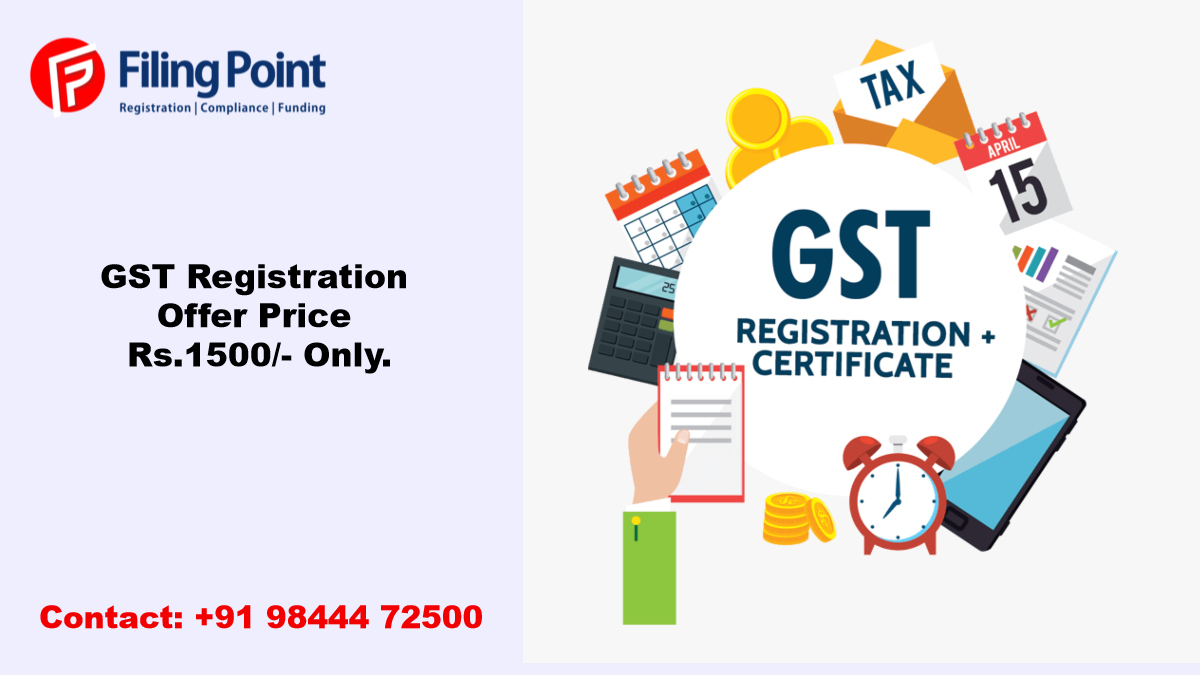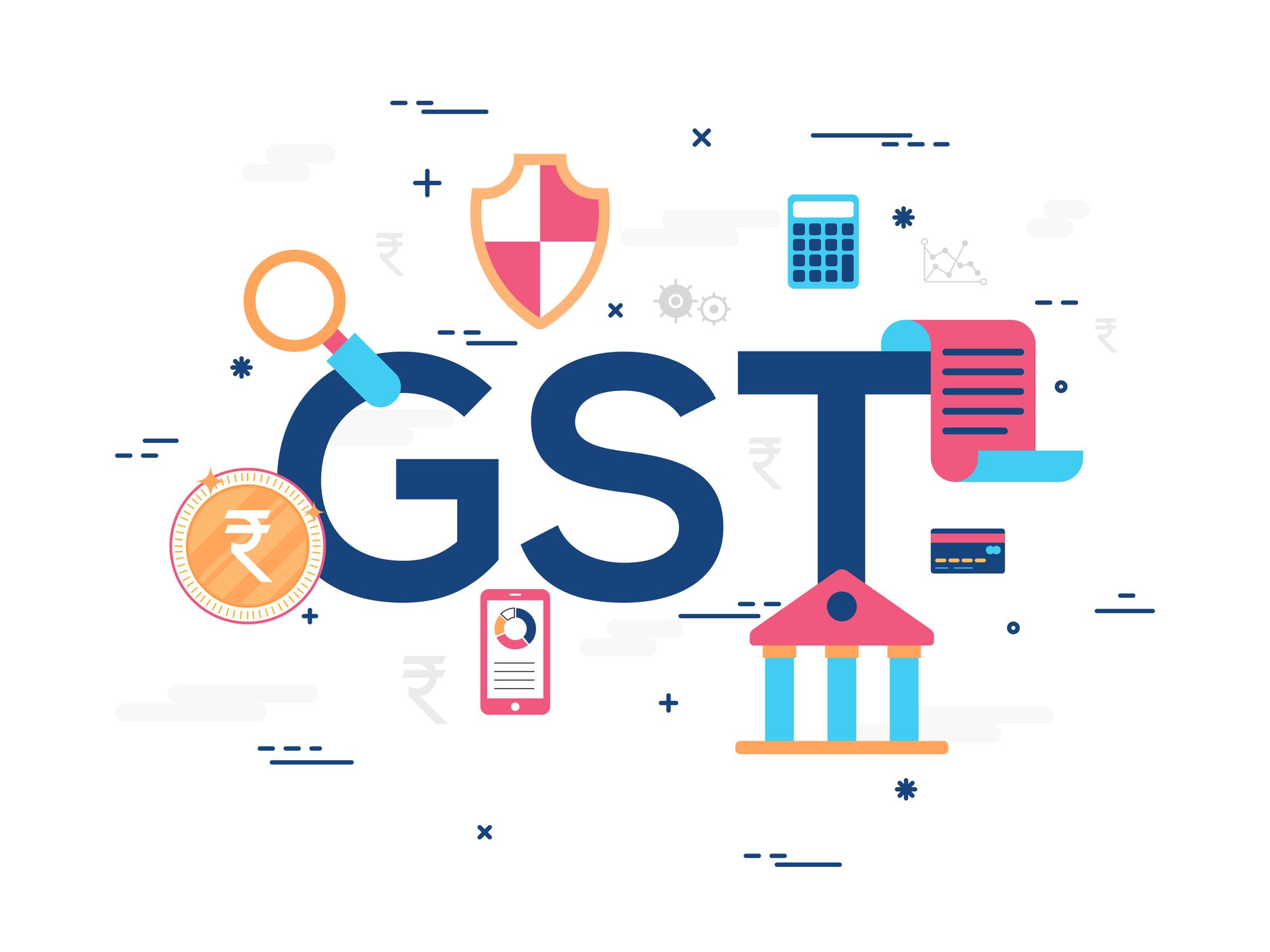Budget friendly Choices for the Best GST Registration Services in Singapore
Budget friendly Choices for the Best GST Registration Services in Singapore
Blog Article
Throughout: The Ultimate Roadmap to GST Registration for Organizations Looking For Financial Security
Navigating the complexities of Product and Services Tax Obligation (GST) enrollment is an important action for services aiming for financial security. Damaging down the roadmap right into convenient actions can improve the registration trip for businesses looking to improve their monetary standing.
Recognizing GST Basics
Looking into the fundamental concepts of Goods and Provider Tax (GST) is important for obtaining an extensive understanding of its implications on organizations and the economy. GST is a value-added tax obligation levied on most items and services for domestic consumption. It has actually changed several indirect taxes that existed in the pre-GST era, improving the tax obligation framework and enhancing convenience of doing organization in India. Under the GST system, both items and solutions are strained at a certain price, which is determined based on their category. Organizations are needed to register for GST if their annual turn over goes beyond the threshold limitation set by the government. Input Tax Credit Rating (ITC) is a substantial function of GST, permitting companies to declare credit scores for taxes paid on inputs, minimizing the overall tax obligation worry. Recognizing the fundamentals of GST is important for services to comply with tax obligation guidelines, manage their finances successfully, and add to the country's financial growth by joining a transparent tax obligation system.
Eligibility Requirements for Registration
As of the current regulations, the threshold restriction for GST registration is a yearly aggregate turn over of 40 lakhs for companies running within a state, except for special classification states where the restriction is 20 lakhs. Furthermore, certain services are needed to register for GST irrespective of their turn over, such as interstate providers, laid-back taxed persons, and services liable to pay tax obligation under the reverse charge mechanism. It is essential for businesses to thoroughly assess their turn over and deal types to identify their GST enrollment responsibilities accurately.
Files Needed for Enrollment
Having actually fulfilled the eligibility standards for GST registration, services should currently guarantee they have the requisite files in area to proceed with the registration process effectively. The records needed for GST enrollment usually include proof of company constitution, such as collaboration deed, registration certificate, or incorporation certification for different kinds of services. Additionally, businesses need to offer files establishing the primary location of organization, such as a rental agreement or electricity expense.
Step-by-Step Enrollment Refine
Commencing the GST enrollment Website procedure entails a series of organized actions to guarantee a certified and smooth registration for companies. The primary step is to see the GST website and complete the enrollment kind with accurate details of the organization entity. Following this, the candidate receives a Short-lived Recommendation Number (TRN) which is made use of to resume the application process if it's not finished in one go.
Next, all required documents as per the checklist offered by the GST portal need to be published. These files commonly consist of proof of service enrollment, address and identification evidence of marketers, economic statements, and business entity's frying pan card.

Post-Registration Conformity Guidelines

Final Thought
Finally, organizations looking for economic stability should comprehend the basics of GST, fulfill eligibility criteria, collect required records, comply with the step-by-step enrollment procedure, and follow post-registration standards - Best GST registration services in Singapore. By sticking to these actions, organizations can guarantee conformity with tax obligation regulations and maintain economic security over time
Furthermore, particular businesses are called for to register for GST regardless of their turn over, such as interstate distributors, informal taxed individuals, and services liable to pay tax under the reverse cost mechanism.Having actually fulfilled the eligibility standards for GST registration, businesses have to currently ensure they have the requisite documents in area to proceed with the registration procedure efficiently. The records required for GST registration usually include proof of business constitution, such as collaboration act, enrollment certificate, or incorporation certificate for various types of services. Furthermore, companies need to offer records establishing the major area of company, such as a rental contract or electrical energy bill.Starting the GST registration procedure involves a series of structured actions to ensure a seamless and compliant registration for businesses.
Report this page